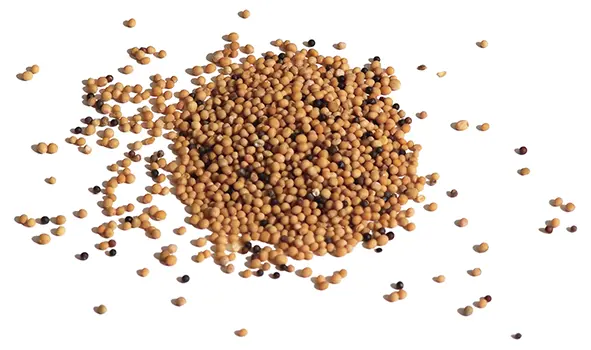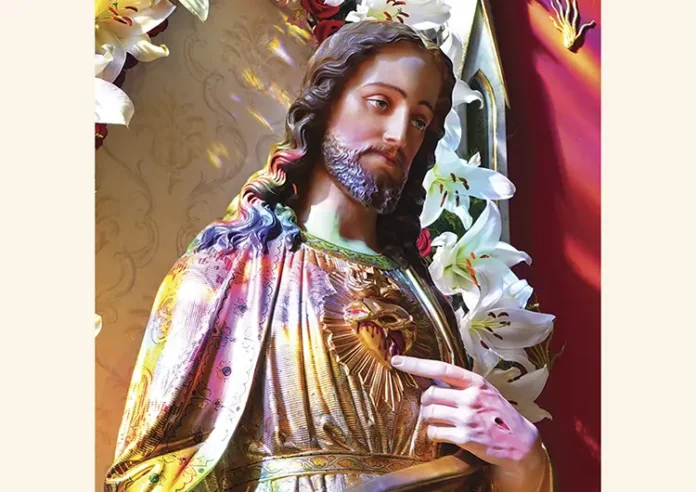27th Sunday in Ordinary Time – October 5
This Sunday’s Liturgy could well be summarized in the gentle rebuke of the Divine Master contained in the verse that gives this article its title…
And as an expression of what occurs in souls with regard to the gift of faith, the metaphor of the mustard seed draws us into the mysteries of natural life itself, a reflection of the supernatural. What, then, is life? How can it be explained? What is the gift of faith? How can it be increased, since the Apostles themselves ask the Master: “Increase our faith!” (Lk 17:5)?
Spurred on by the enigma of life, the human mind ponders at times on the tiny seeds that give rise to the paradisiacal carpets of grass in England, at other moments on those of the sequoia – comparable to tomato seeds in size, but from which will sprout the giant conifers that amaze humanity – seeking to understand the mysteries they hold, without, however, finding a fully satisfactory answer.

This mystery becomes even more compelling when it comes to animal nature… From a small egg emerges a graceful and agile hummingbird – a living iridescent jewel in its genus – or a majestic and fierce eagle, the only bird capable of staring at the sun with the naked eye.
However, it is within the human being itself – described by St. Thomas1 as a microcosm – that this investigation reaches its climax and greatest complexity, for they can also receive another form of life, infinitely superior to that of nature: the supernatural life of grace, a created participation in the uncreated life of God.
The entire edifice of supernatural life in man is founded on faith, the first of the virtues,2 that “habit of the mind by which eternal life begins in us, causing the intellect to adhere to what it does not see.”3 Thus, as the Letter to the Hebrews affirms, faith is “the assurance of things hoped for, the conviction of things not seen” (11:1).
Hence St. Paul’s eloquent and fatherly insistence with Timothy: “I remind you, to stir into flame the gift of God that you have through the imposition of my hands”; and continuing, he adds: “Guard this rich trust [of faith] with the help of the Holy Spirit that dwells within us” (2 Tm 1:6, 14). In other words, this gift is so precious that every effort and all vigilance we may exercise to preserve it and make it grow are as nothing at all in view of the eternal reward of which it is a pledge.
It is thus by the intensity and integrity with which man guards the precious gift of faith in his soul that his charity towards God and his neighbour can be measured; it is also through this gift that he will perform the greatest acts of heroism for the Lord, always considering himself a “useless servant,” seeking no other reward than to serve Him. And it is once again through this gift that he will say to the mulberry tree or the mountains, “Be uprooted and planted in the sea” (Lk 17:6), and they will obey him. ◊
Notes
1 Cf. ST. THOMAS AQUINAS. Summa Theologiæ. Suppl., q.91, a.1
2 Cf. Idem, II-II, q.4, a.7.
3 Idem, a.1.


